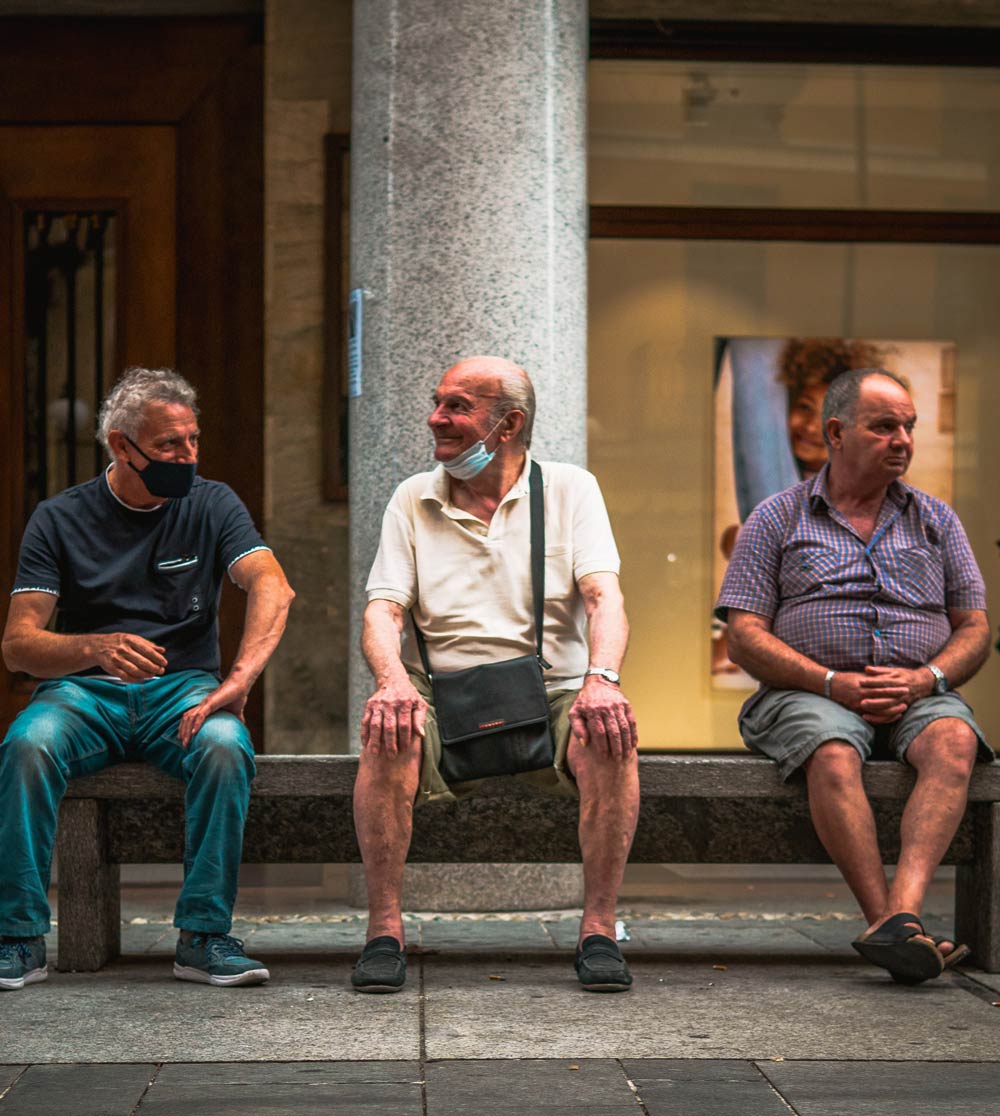The mask-wearing that has become the norm during the Covid-19 pandemic can increase distress among those with pre-existing social anxiety issues, according to new research.
A new paper by researchers from Ontario, Canada’s University of Waterloo’s Department of Psychology and Centre for Mental Health Research and Treatment states that the measure, adopted to stop the spread of the virus, does have mental health implications.
The researchers, who reviewed existing literature addressing three factors that they hypothesised might contribute to social anxiety associated with mask-wearing, found that it wasn’t necessarily the act of wearing a mask that caused anxiety, but hypersensitivity to a new social norm, as well as worries over the detection of social and emotional cues.
“We found that mask-wearing by people with social anxiety is likely to be influenced by their perception of social norms and expectations, which may or may not be consistent with public-health guidelines and can vary widely by region and context,” said Sidney Saint, an undergraduate psychology student at Waterloo, the lead author of the paper.
They also found that those who have social anxiety often have difficulty detecting ambiguous social cues and are likely to interpret them negatively – meaning mask-wearing could increase their worries about sounding awkward.
David Moscovitch, a professor of clinical psychology and co-author of the paper, added that as we come out of the pandemic, others without pre-existing social anxiety issues may suffer too.
“It is also possible that many people who didn’t struggle with social anxiety before the pandemic may find themselves feeling more anxious than usual as we emerge out of the pandemic and into a more uncertain future – especially within social situations where our social skills are rusty and the new rules for social engagement are yet to be written,” he said.
However, their conclusions are only part of an exploratory study and the authors warned that conversely some with anxiety issues may be unwilling to ditch their mask due to a desire for self-concealment and sticking to a new normal in social interactions.
Clinical advice in many countries is to stick with mask-wearing indoors and in other contexts, but the authors hope their research, published in the journal Anxiety, Stress, & Coping, can inform clinicians as to why some may be suffering from additional anxiety issues when social expectations around mask-wearing are in flux and there are fewer hard guidelines on what to do.
The original version of this article was first published on Yahoo.
At LCC we have a dedicated and highly skilled team ready to help you manage your anxiety.





